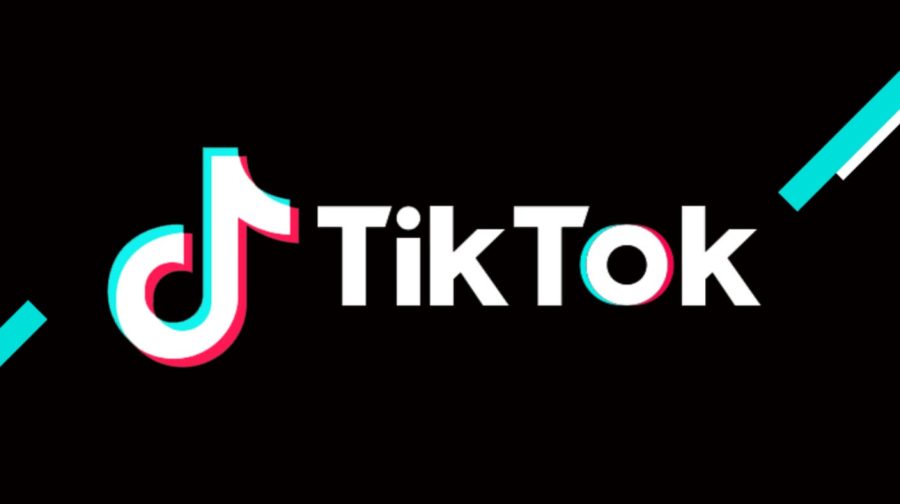Harmful TikTok filters impact mental health
TikTok’s new filters promote unrealistic beauty standards
TikTok filters are contributing to a decrease in mental health.
March 21, 2022
Like many other students, I have been using TikTok pretty frequently for the past three years. I have seen every trend, dance, and viral video on the app. However, with the app’s growing popularity across the world, the company has been introducing new features that users can add to their videos.
For example, we have the green screen feature, where users are able to easily share images from their camera roll. Or there is the face swap filter that allows users to switch faces with their friends and families.
These additions to the app are harmless and fun for many users, but recently we have begun to see filters that may be harmful to the giant youth population on the app.
In the beginning of 2021 TikTok added the beauty filter, which smooths out any wrinkles, eliminates blemishes, and overall makes the user “look better.” Since then, hundreds of filters have been made that distort your face to look unrecognizable. They add makeup, make eyes/lips bigger, and noses smaller.
This is a problem for everyone, but especially people of color as the filters are upholding European beauty standards that can be unachievable and unrealistic.
In addition, the beautification filters can cause psychological distress to the extremely young audience on TikTok. It sets an unrealistic picture of what they should look like, given they might have not even hit puberty yet.
This can have a snowball effect as it may damage children’s self-esteem and cause severe mental health problems later in life. And the obsession with looking a certain way can be converted into deeper problems.
Eating disorders, body dysmorphia, and other anxiety disorders can develop after being exposed to such harmful filters.
These harmful beauty filters have also had a great impact on the older population using TikTok as there has been a rise in individuals seeking cosmetic surgery. After comparing their real self with their “ideal self” on social media, adults are seeking out ways to look like said filters.
Lip injections, botox, and other procedures have increased in popularity as a way to improve self-image and self-esteem. However, no amount of surgery can fix what damage social media does to a person.



